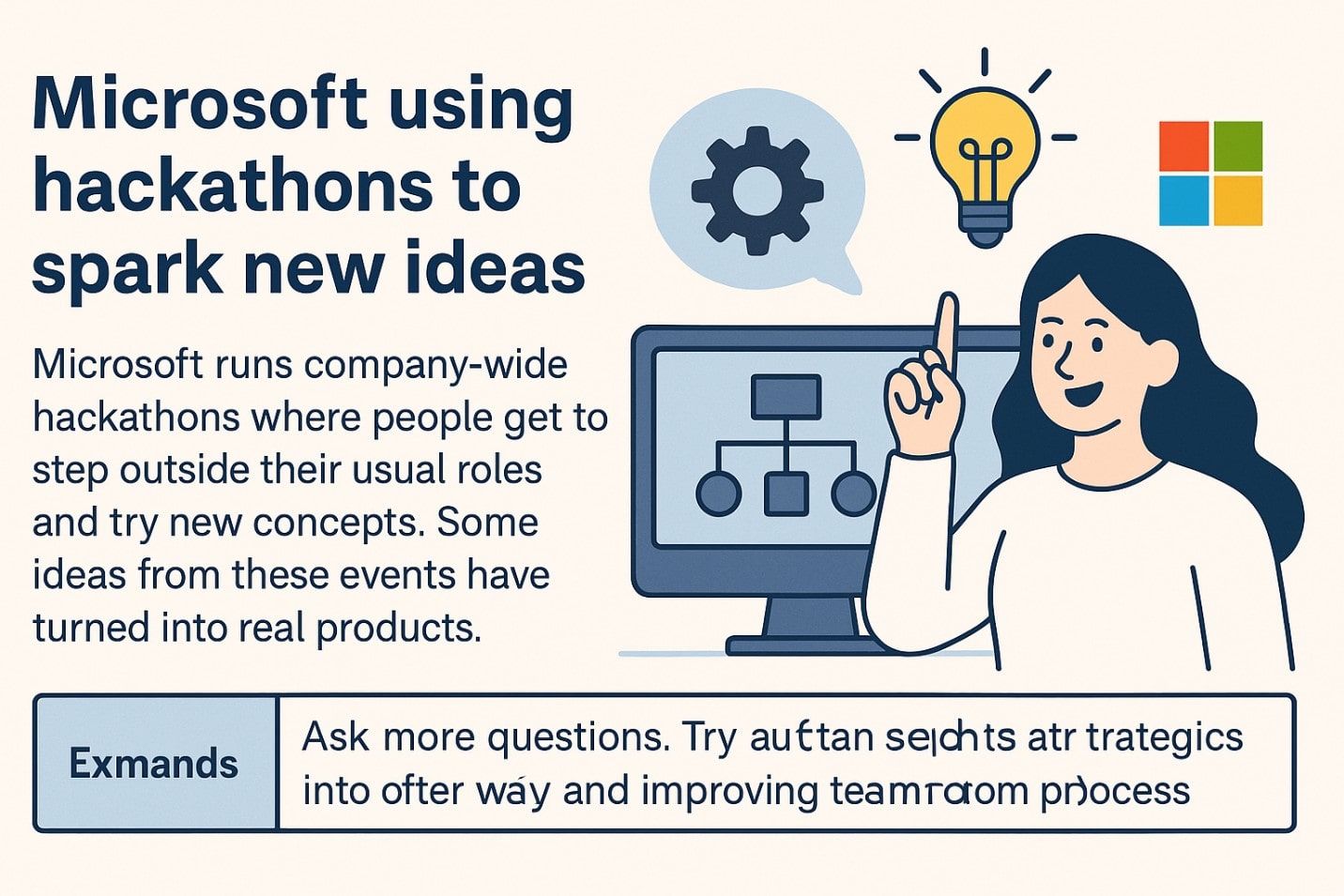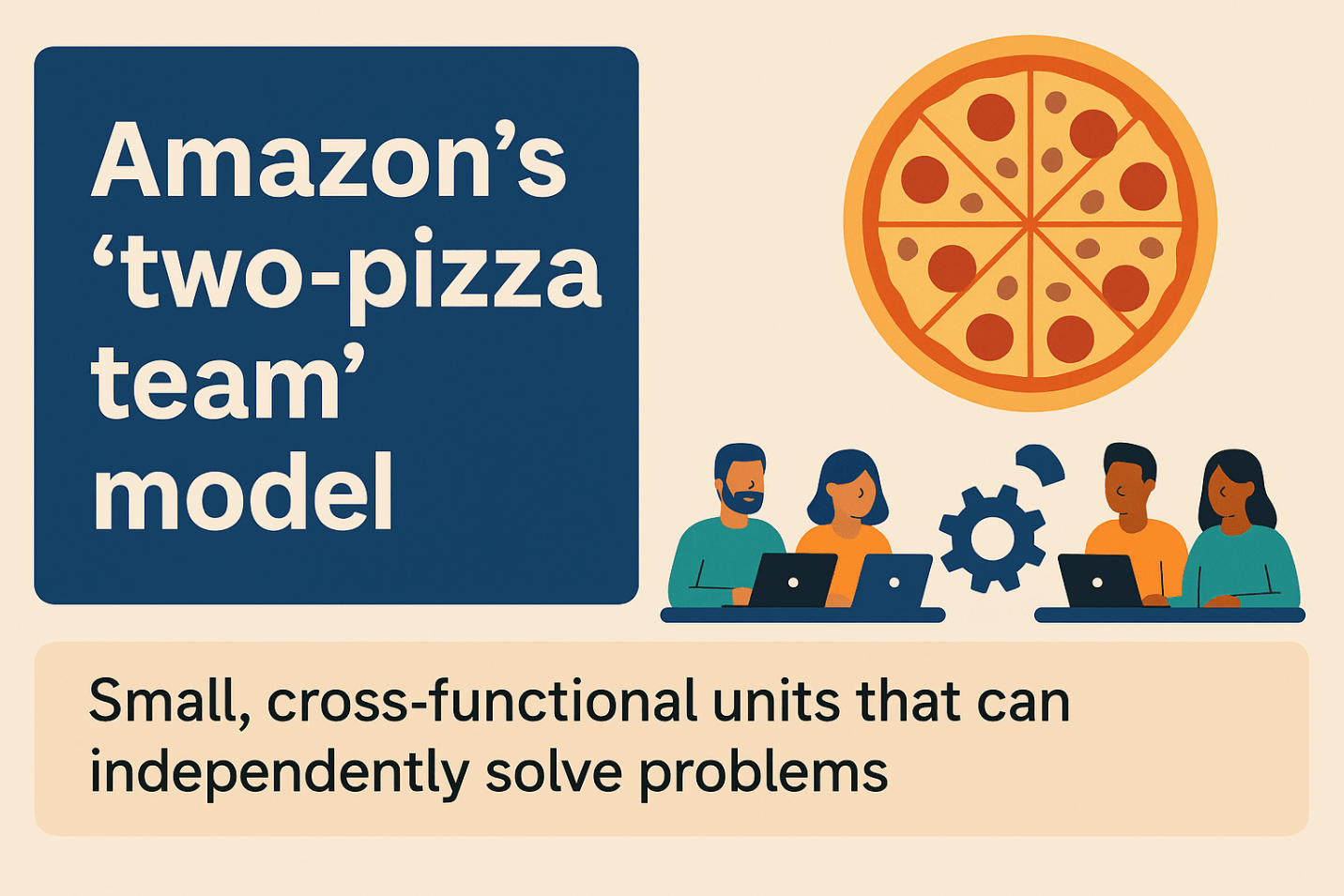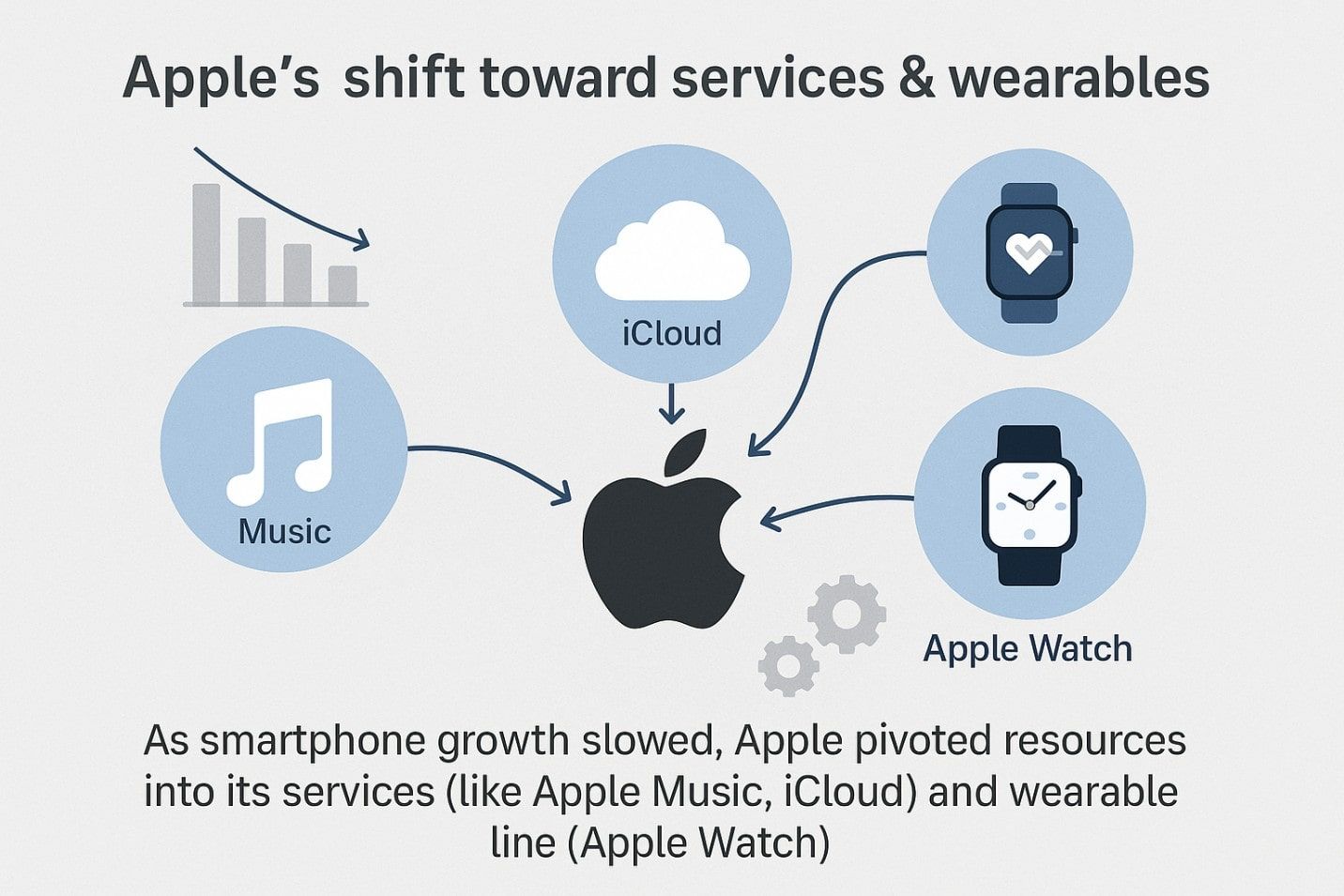Table of Contents
- What Are Conceptual Skills
- Key Types of Conceptual Skills
- Real Life Examples of Conceptual Skills
- How Conceptual Skills Are Used in the Workplace:Examples
- How to Develop Conceptual Skills
- How to Showcase Conceptual Skills on Your Resume and in Interviews
- Conceptual vs. Technical vs. Human Skills
Conceptual skills are among the most valuable strengths a working professional can have today. They are what separate people who simply do their jobs from those who shape how things work. Every project or strategy begins with someone who can connect dots others don’t see. That’s what conceptual thinking does – it helps you understand how one small change can affect the whole system. These skills aren’t just for managers or leaders. Anyone who wants to grow in their career can benefit from them.
In this blog, we will cover the definition of conceptual skills and show you how to develop and highlight them for career growth.
Complete Overview of Conceptual Skills

What Are Conceptual Skills?

Conceptual skills mean the ability to make sense of complex situations and find ways to fix them. They allow you to connect different concepts and see how things work together in a bigger system – making it easier to solve problems in creative ways.
These skills matter most in roles that demand innovation or leadership, but they are useful in every job where thinking ahead and making smart choices count.
Examples of conceptual skills at the workplace:
- A manager developing a new workflow to improve productivity.
- A team leader solving conflicts by changing how tasks are assigned.
- An analyst finding new insights by connecting separate data points.
Importance of conceptual skills in the workplace
These skills help professionals make better decisions and see beyond daily tasks.
- Improve your ability to solve complex problems.
- Build stronger leadership and decision-making ability.
- Help you connect different teams and goals.
- Make you better at handling change.
- Open more opportunities for career growth.
Key Types of Conceptual Skills
People use different kinds of conceptual skills at work. Each one helps in a different way. Here are a few important ones that can help you do well and grow in your career.
Analytical thinking
Analytical thinking helps you look beyond the surface and understand what’s really happening. When a project starts falling behind, you don’t just guess the reason. You look at the data, find the pattern, and see where things went wrong. It is a skill that helps you make fact-based decisions instead of reacting on impulse.
Read more: Analytical Skills: Meaning, Examples
Critical thinking
Critical thinking is about asking “why” before accepting anything as true. It helps you see both sides of a situation and make decisions that hold up under pressure. Say your team suggests a new marketing idea. Instead of agreeing right away, you ask questions, check data, and think about possible results. That’s how smart decisions get made.
Decision-making
Decision-making is one of the most practical conceptual skills. It helps you choose the best path when several options are on the table. People with strong decision-making skills often see issues before they grow bigger and act early to fix them. This helps teams move forward and avoid delays.
Read more: Key Management Skills & Tips to Develop Them
Strategic planning
This one is about thinking ahead. You picture what success should look like and then create steps to reach it. Strategic planning is what turns goals into action. A good example is when a manager sets a one-year target and then breaks it down into monthly milestones so everyone knows where they are heading.
Read more: Scope of Management: Definition and How It Works
Problem-solving
No workplace runs without challenges. Problem-solving helps you stay calm and creative when issues appear. You test ideas, adjust what doesn’t work, and move on. It is how strong professionals turn setbacks into progress.
Read more: Problem Solving Skills
Communication
Conceptual thinking doesn’t happen alone. You need strong communication to share ideas and understand others. This skill helps you talk clearly, listen actively, and build healthy discussions. It is what makes teamwork feel natural instead of forced.
Adaptability
Change happens fast. Being adaptable means you adjust easily and stay positive when things shift. It is the skill that keeps you growing no matter what happens at work.
Motivation
Motivation gives meaning to your work. It is the drive that keeps you focused when things get tough. A motivated person doesn’t wait for inspiration – they create it. When you stay committed and bring energy to what you do, it naturally encourages others to do the same.
Creativity and innovation
This is where new ideas are born. Creativity helps you see what others miss. Creative thinkers question old methods and come up with fresh solutions that make life easier for everyone.
Real-Life Examples of Conceptual Skills
Conceptual thinking shows up strongly in big moves done by real companies and leaders. Here are some solid examples you can relate to:
- Microsoft using hackathons to spark new ideas

2. Amazon’s “two-pizza team” model

3. Apple’s shift toward services & wearables

How Conceptual Skills Are Used in the Workplace – Examples
Here are some examples that show how conceptual skills are used in the workplace.
How to Develop Conceptual Skills
Conceptual skills can be learned and strengthened with the right habits. Here are simple ways to build them over time:
- Ask more questions. Try to understand why things work a certain way instead of accepting them as they are.
- Read and learn widely. Explore topics outside your field to see how different systems connect.
- Reflect on your work. After completing a project, think about what worked, what didn’t, and what you would do differently next time.
- Take part in discussions. Talk with people from different teams or roles. It helps you see problems from new angles.
- Stay open to change. Learn to adapt quickly and stay calm when things shift at work.
- Improve communication. Explain complex ideas in simple words and listen carefully when others share theirs.
- Keep a “thinking journal.” Write down random ideas, challenges, or patterns you notice at work. Over time, you will start spotting links you didn’t see before.
- Find mentors. Learn from people who think strategically – observe how they connect ideas and make decisions.
- Keep a curious mindset. The more curious you stay, the more you will notice patterns and opportunities others might miss.
How to Showcase Conceptual Skills on Your Resume and in Interviews
Conceptual skills can easily get overlooked if you don’t show them the right way. Here’s how to highlight them clearly.
- Use strong action words. Instead of saying “responsible for,” use words like developed, planned, designed, or solved. These show action and impact.
- Show results with numbers. Mention specific outcomes like “improved team efficiency by 25%” or “cut project delays in half.” Numbers make your skills real.
- Highlight leadership moments. Even if you are not a manager, mention times you led a project, solved a conflict, or made a process smoother.
- Use the summary section wisely. In your resume summary, include phrases like “strategic thinker” or “skilled in problem analysis and innovation.”
- In interviews, tell stories. Pick one or two real examples where your ideas made a difference – explain the situation, action, and result clearly.
- Show how you learn. Talk about how you stay updated or improve your thinking – for instance, through reading, courses, or cross-team work.
- Ask smart questions. During interviews, asking thoughtful questions about company goals or challenges shows you can see the bigger picture.
Conceptual vs. Technical vs. Human Skills
Every professional needs a mix of conceptual, technical, and human skills to perform well. Here’s how they differ at work.
FAQs
1. What is an example of conceptual thinking?
Conceptual thinking involves recognizing patterns and connecting abstract ideas. For example, a business leader predicting market trends by linking consumer behavior with industry data to drive strategic decisions.
2. How can I improve your conceptual skills?
To improve conceptual skills, engage in critical thinking exercises, expand your knowledge by reading diverse subjects, challenge assumptions, and learn from mentors skilled in big-picture thinking.
3. Why are conceptual skills important for managers?
Conceptual skills are vital for managers as they help in strategic decision-making, problem-solving, and aligning teams with organizational goals. They enable managers to anticipate challenges and lead effectively.
4. Can conceptual skills be learned?
Yes, conceptual skills can be learned through practice, continuous learning, and exposure to complex problem-solving. Developing these skills takes time but enhances strategic thinking and leadership abilities.
5. How do conceptual skills help in career growth?
Conceptual skills help in career growth by enabling professionals to solve complex problems, innovate, and take on leadership roles. Strong conceptual thinking is crucial for advancing to higher responsibilities and positions.
